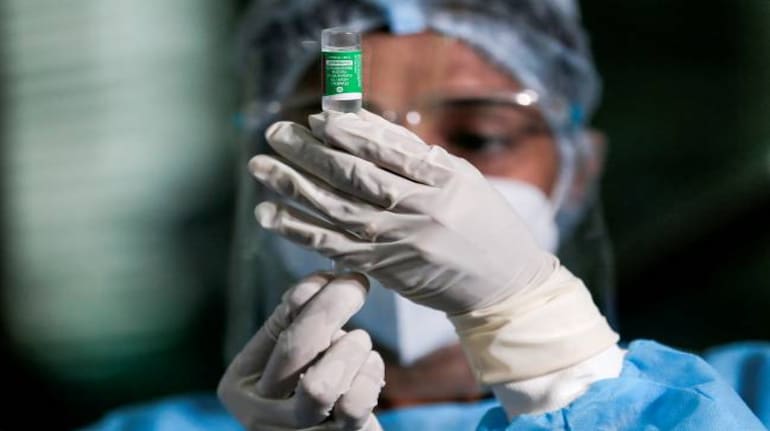



Delhi Health Minister Satyendar Jain on April 29 said the city does not have sufficient doses of vaccine to begin inoculation of those in the 18-44 age group. Orders have been placed with manufacturers for COVID-19 vaccines, Jain said, adding that the preparations to give jabs to this category have been completed.
"At present, we don't have vaccines. We have requested the companies to provide it," Jain said when asked if there were enough vaccines available for the 18-44 age group.
Track this LIVE blog for latest update on coronavirus pandemic
The authorities are yet to decide whether the vaccinations will begin for the 18-45 age group from May 1. "We will tell you in a day or two," the minister said on starting the inoculation drive for this category.
He also said that the manufacturers are yet to provide a schedule of vaccine supply to the Delhi government.
Read: Free COVID-19 vaccine for those age above 18 years in Delhi: CM Arvind Kejriwal
Chief Minister Arvind Kejriwal had earlier announced free vaccine for all aged above 18 in Delhi. He had said his government had approved the procurement of 1.34 crore vaccine doses from various manufacturers.
The Delhi government on April 29 released revised cumulative coronavirus figures for the city, raising the case tally by 44,350 and fatalities by 761 than previously reported.
In the revised figures, the state government has put the number of cases at 10,98,051 and deaths at 15,377.
The cumulative positivity rate has also been revised upwards from 6.20 percent to 6.46 percent. The number of recoveries too has been revised up to 9,82,922 from 9,39,333.
Authorities on April 28 reported 368 COVID-19 deaths and 25,986 cases with a positivity rate of 31.76 percent in Delhi. It was the seventh day on the trot that the city recorded over 300 deaths due to coronavirus.
(With inputs from PTI)Click here for Moneycontrol's full coverage of the COVID-19 outbreak
Discover the latest Business News, Sensex, and Nifty updates. Obtain Personal Finance insights, tax queries, and expert opinions on Moneycontrol or download the Moneycontrol App to stay updated!
Find the best of Al News in one place, specially curated for you every weekend.
Stay on top of the latest tech trends and biggest startup news.